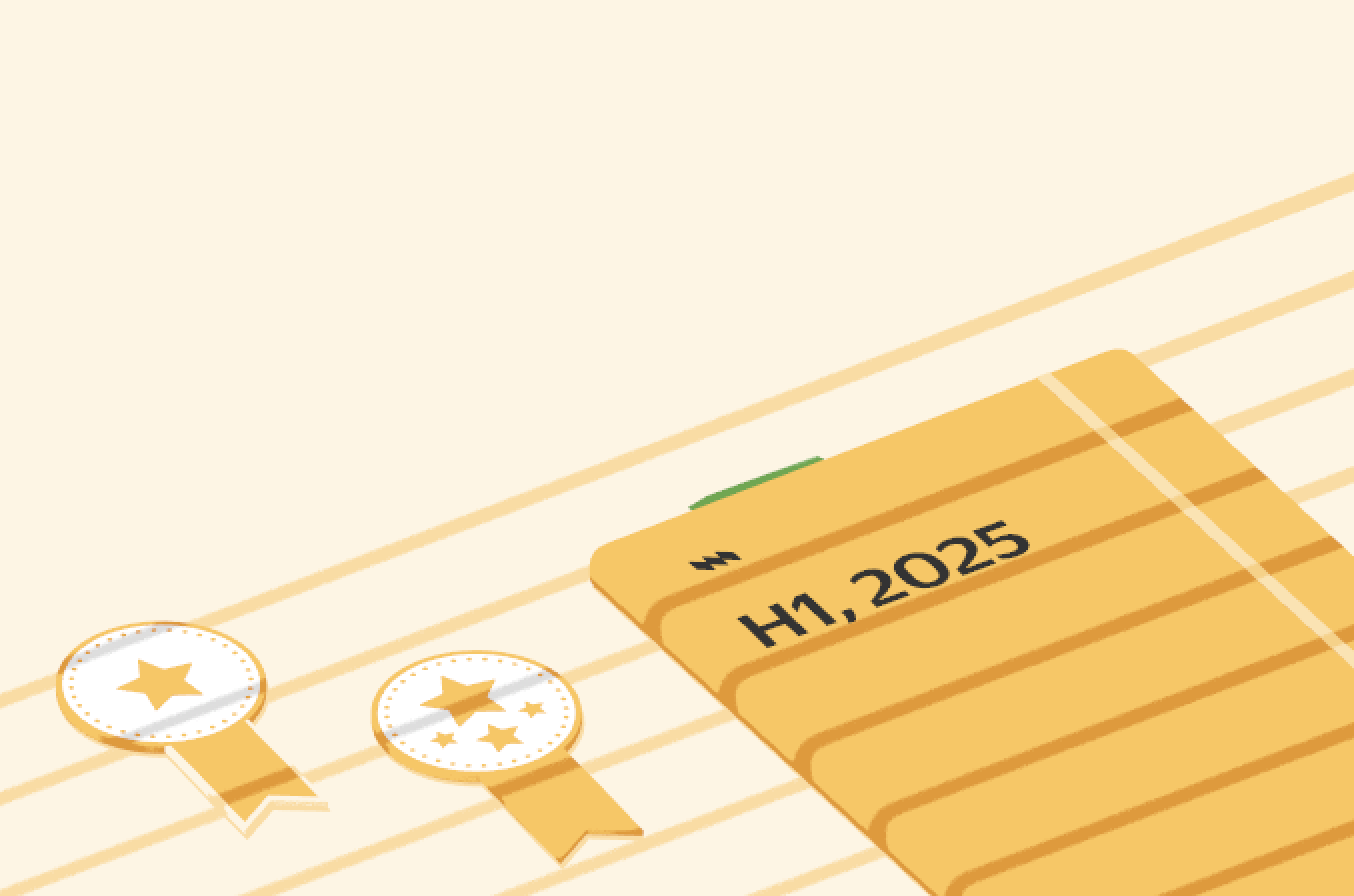It’s 2021 and the way we work has continued to evolve.
At Mono, teammates work remotely from anywhere with the option to come into the Lagos office if you are itching for some face to face, water cooler conversations.
We believe that A+ talents are distributed everywhere and they only need to be empowered with the right tools to do their best work. This is because work isn't what you have to come into an office to do, work is just what you do. Anywhere.
So, as a small distributed team, how do we stay productive while maintaining a remote-friendly culture? Here are a few ways we get the job done.
Semi synchronous communication
Slack is where most of our conversations happen. Different teams are split into public channels where they can share progress reports on deliverables, ideas, or product updates. These conversations happen semi-synchronously. How does this work? Say you send a message at 9 am, you can expect a reply back within 15 minutes instead of sending emails back and forth, and spending hours just to confirm a slight change to a marketing copy. This helps us keep responses timely and make work decisions faster.
However, with the barrage of messages we get on Slack, we know it can take too much time to find what you are looking for. We solved this by replying to messages in threads. This keeps conversations organized by topics and helps teammates easily catch up on anything they might have missed on Slack.
Document, document, document

We document everything at Mono using Notion. Need to know anything about the different departments at Mono? Will you find it on Notion? Aye, Captain!
Information about each team is grouped into categories so it is easily searchable. On Notion, you will often find the Marketing team brainstorming marketing campaign ideas, the Design team documenting their design processes, the Engineering and Product teams organizing documentation, repos, development cycles, and product roadmaps. You'll also find the Operations team building a knowledge base that details the day-to-day running of the company, while the Customer Success team shares resources for end-users and reports into our interactions with them.
Documenting everything has also made our newbie onboarding process easier and seamless. When new monoliths join the team, they are added to the company's Notion page where they can read up on our company processes to get an overall idea of how things work at Mono. Typically, new teammates get fully onboarded in less than a week.
Overcommunicate always

Good communication is vital in order to collaborate effectively as a team. And as our CEO, Abdul will always say, "try to communicate as clearly as possible."
We try to keep communication clear and consistent while making sure every teammate has all the necessary information they need to work on a project. The best part is, these conversations happen publicly so everyone can chip in and answers are provided faster.
We also have a "don't just say hello" rule for direct messages that helps us communicate effectively. When you have any work-related questions, you shouldn't just say hello and wait for a response from the other person. Instead, you should say hello and state what you need without waiting for an immediate response.
To keep the team in sync, communication also goes both ways. Teammates need to be open to asking questions about things they don't fully understand. And if they still don't get it, they can always jump on a quick call to get more clarity.
Quick feedback on tasks

Another way we get work done more effectively is by eliminating the bottlenecks when it comes to feedback on tasks. Feedback is usually quick and happen early in the work process. When specific teams are working on new tasks, they regularly update each other about their progress. This way you can get instant feedback on tasks, more ideas to make your work better, or even a new direction if you happen to be going about a task the wrong way. Ultimately, this reinforces collaboration among everyone in the pirate ship.
Fewer meetings

Nobody likes frequent meetings that drag on without a clear purpose. At Mono, team meetings are limited to twice a week, and we keep to schedule too. Our meetings are like group 1:1s where we check in with the team, track work progress, and get updates on what everyone is working on. And if a teammate is having any challenge with assigned tasks, these meetings help us find ways to improve their working experience and make it more pleasant.
Taking Breaks

Having the best people in one team who know how to work hard and chill too is such a fire combo. We are deliberate about finding time to destress, so if you need to take a walk, grab a coffee, or have a power nap, you can just let everyone know on slack and get on with it.
Another way we find time to relax is through some virtual water cooler conversations. This could be light banter between each other, sharing our favourite songs, or something hilarious we found on the interweb.
Our weekends are important too. Everyone is encouraged to spend their weekends doing something that refreshes and inspires them. This approach helps us to recharge and come back well rested for the new week.
While we have experienced upticks in team productivity with these processes, at the end of the day, good work happens when everyone is happy.


